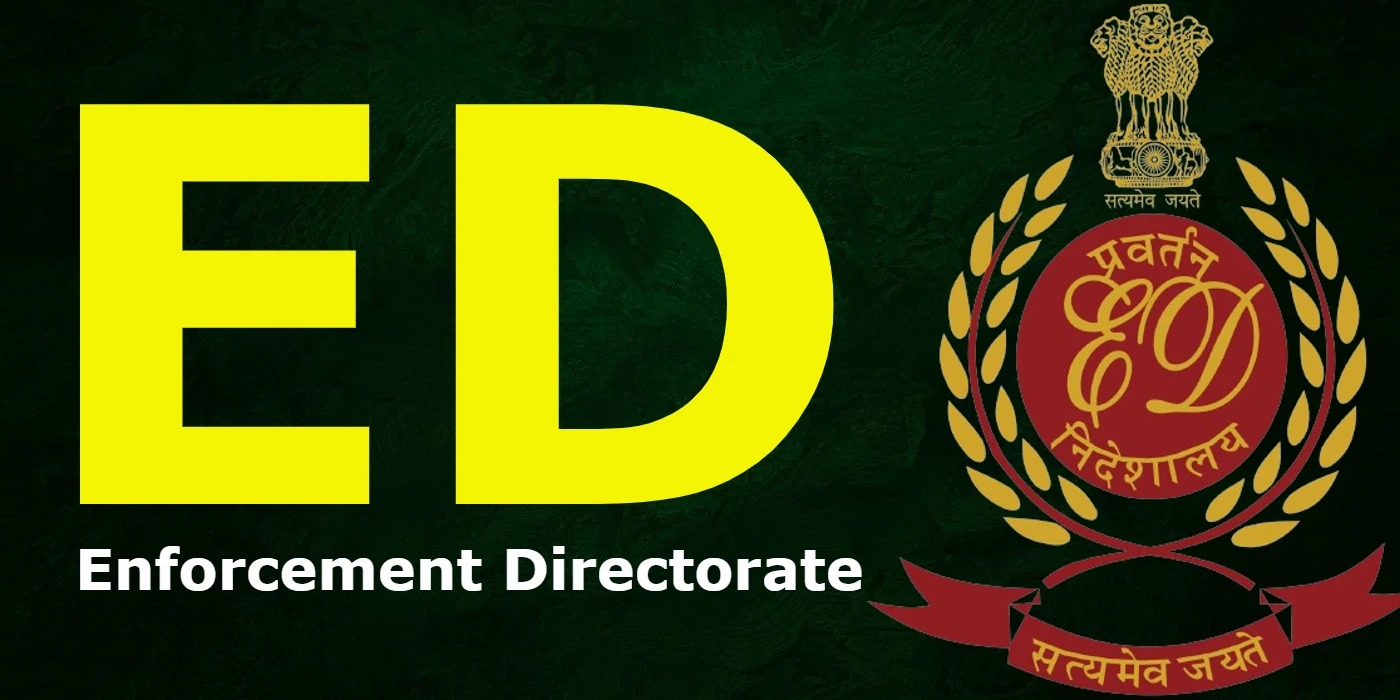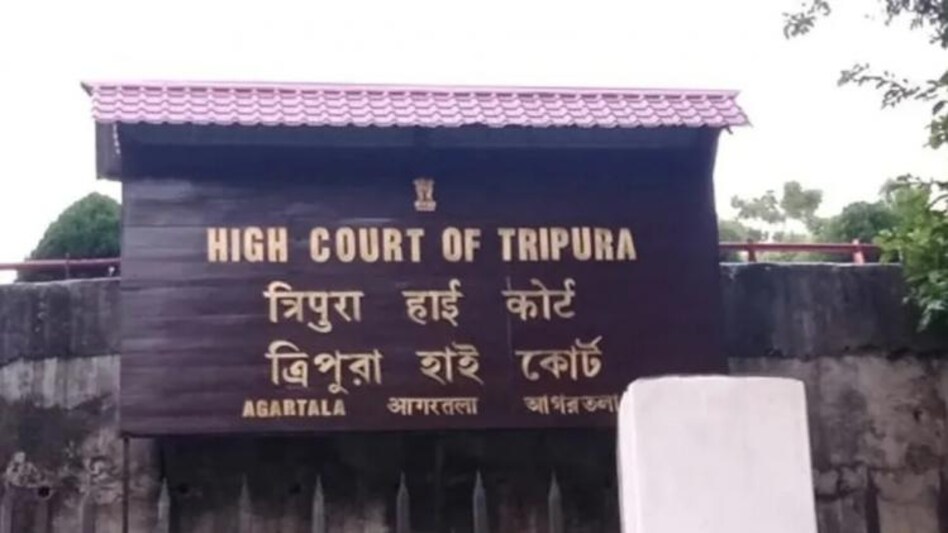@JUDGMENTTAG-ORDER
Vijay Bahuguna, J.@mdashBy means of the present petition under Article 226 of Constitution the Petitioner challenges the legality of the termination Order dated 22nd November, 1991, passed by the Respondent No. 2.
2. The Petitioner was working as Deputy Manager (Audit) with the National Textile Corporation, Kanpur. The services of the Petitioner have been terminated on the ground that without any permission or authorisation from the competent authority of the Corporation he contested the elections to the U.P. Legislative Swarnkhera . The relevant part of charge-sheet reads thus:
Without any information and/or authorisation from the competent authority of the corporation and thereby he has contravened National Textile Corporation (U.P.) Ltd. Employee Conduct, Discipline Rules, 1975 circulated vide office Order No. V/88/23375-445 dated 2-5-1988.
3. The Petitioner has an excellent service record and there has been no complaint or adverse remark against him in the performance of duties. It was as a result of his contesting the elections to the U.P. Legislative Assembly, in which be lost, that the Corporation terminated the services of the Petitioner on the ground that the same amounted to a gross misconduct under the provisions of the National Textile Corporation (U.P.) Limited Conduct, Discipline and Appeal Rules. 1975. Which was circulated amongst the employees vide letter No. V/88/23375-445 dated 2-5-1988.
4. In his reply to the charge sheet the Petitioner contended that he was completely ignorant about the amendment made in the Conduct of Discipline and Appeal Rules and he was not aware of the fact that prior permission bad to be sought for contesting the elections. He was advised that it is only if he is elected that he will have to resign from the post. He expressed regrets and prayed for a sympathetic consideration in the matter.
5. In the counter-affidavit filed on behalf of the Corporation it is contended that the Petitioner committed gross misconduct by contesting the election to the Legislative Assembly without seeking prior permission or authorisation of the competent authority of the Corporation. It is further asserted that no application was received from the Petitioner for seeking permission to contest the elections.
6. Counsel for the Petitioner made a statement that the appeal against the order of termination has been dismissed.
7. The Petitioner had contested the elections as an Independent candidate without affiliation to any political party and be lost the elections. The Service Rules do not impose a total ban on the right of an employee to contest the elections. It is apparent from a perusal of the charge sheet that an employee can contest the elections, but only after obtaining authorisation or permission from the competent authority of the Corporation. This being so, even if the Petitioner had not sought the prior permission of the Corporation and prayed for a sympathetic view cue to ignorance of the Rules, the competent authority could have taken a lenient view of the matter instead of taking an extremely drastic step of terminating the services of the Petitioner.
8. It is not denied that the Petitioner has been working for the last 12 years and is an efficient officer and has an unblemished service record. As he contested the elections as an independent candidate, it cannot be said that he has any political affiliation due to which his continuance in service would not be In the interest of the Corporation.
9. In paragraph 9 of the counter-affidavit the stand taken by the Corporation is as follows:
The Petitioner appears to be quite thick and involved in politic. He is an Office bearer of large number of Organisation, which would be clear from his Writing Pad.
10. In paragraph 13 of the rejoinder-affidavit the Petitioner has categorically denied the assertions made in the above mentioned paragraph and has stated that he is a member of many social organisations which do not have political status or connections and that he had contested the elections as an independent candidate.
11. To vote and to contest an election is a valuable right of every citizen in this democratic set up. However, for those who are in service the rights are subject to reasonable restrictions and as such the Corporation has framed the Rules that an employee cannot seek elections without prior permission of the competent authority. On the admitted facts of the case the Petitioner has not sought prior permission of the competent authority of the Corporation and as such he has committed misconduct.
12. The question which arises for consideration by this Court is as to whether the nature of misconduct is such that warrants the extreme penalty of termination of service. The Petitioner has not committed any indiscipline relating to the affairs of the Corporation and he has also not acted negligently or dishonestly in the discharge of his duties as the Officer of the Corporation. At most it was an act of disobedience of contesting an election without seeking prior approval of the competent authority. If there would have been a total ban under the Rules prohibiting the employees from contesting an election the action of the Corporation could be justified to some extent; but where the Rules themselves provide for giving of permission to an employee to contest the election, it would change the situation and in such circumstances the act of the Corporation has to stand the test of Article 14 of the Constitution which prohibits arbitrariness in action The punishment awarded to the Petitioner is harsh and arbitrary. The employee is not empowered in law to terminate the services of the employees for every act of misconduct. The power has to be exercised with caution and has to be just and fair. In the facts of the present case the employer has acted arbitrarily in terminating the services of the Petitioner.
13. In view of the reasoning given above, the order of termination passed by the Corporation is quashed. The Corporation is directed to reinstate the Petitioner. However, as the Petitioner has committed a misconduct it would be open to the Corporation to censor the Petitioner and to withhold his next two increments. The punishment would be sufficient to meet the ends of justice in the case. The Petitioner will be reinstated in service with full back wages.
14. With the aforesaid direction, the writ petition succeed and is allowed. There shall be no order as to costs.

